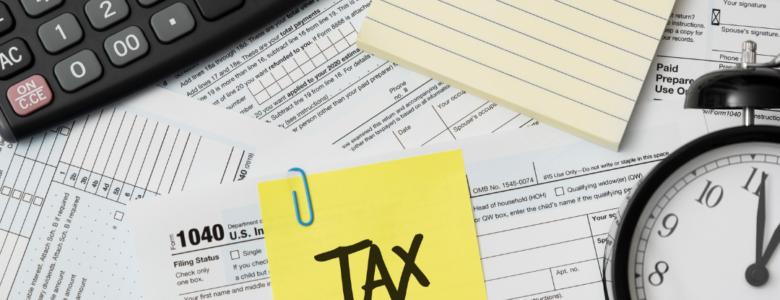Reverse mortgages can appeal to seniors seeking to tap into their home equity for enhanced retirement income. However, it’s vital to understand the associated tax implications. In this blog post, we’ll explore the tax considerations related to reverse mortgages.
- Non-Taxable Loan Proceeds:
A significant advantage of a reverse mortgage is that the funds you receive are typically not considered taxable income. This means the money you get, whether in a lump sum or through regular disbursements, generally won’t affect your income tax liability.
- No Capital Gains Tax:
Another favorable aspect of a reverse mortgage is that it doesn’t trigger capital gains tax when you receive the loan proceeds. This can be especially beneficial if your home has appreciated significantly in value over the years.
- Interest Deductions:
While the loan proceeds aren’t taxable, the accrued interest on a reverse mortgage isn’t deductible until you pay it. You can’t deduct the interest on your annual tax return, but you can claim it when you repay the loan.
- Impact on Means-Tested Programs:
It’s essential to note that although reverse mortgage proceeds are typically not taxable, they can impact your eligibility for means-tested government programs such as Medicaid or Supplemental Security Income (SSI). These programs consider your assets and income, and a cash influx from a reverse mortgage could affect your qualification.
- Estate Planning Considerations:
The tax implications of a reverse mortgage can also have implications for your estate planning. When you pass away or move out of your home, the loan becomes due. If your heirs decide to sell the home to repay the loan, they might face capital gains tax on any appreciated value exceeding the loan balance.








